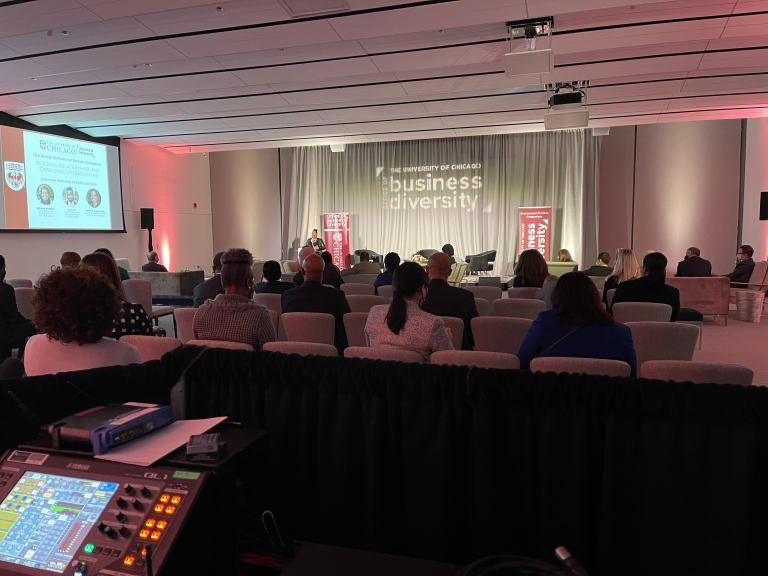
How to Build an Event Budget
How to Build an Event Budget
When planning an event, creating an event budget is an essential step that should not be overlooked. An event budget helps you track your expenses, identify areas where you can cut costs, and stay within your financial limits. This detailed planning also helps when you need to pivot or adapt to industry changes like increased staffing fees, food costs, or additional AV integrations. It can be daunting, but with some planning and organization, you can create a realistic and practical event budget to put your event on the road to success.
Start with the Big Picture Before crunching numbers, take a step back and consider the big picture. Some essential
questions to ask concerning your event are:
- What type of event are you planning?
- What is the purpose of the event?
- What kind of venue do you need?
- Will your event be in-person, virtual, or hybrid?
- What are your technology and AV needs?
- if this isn’t your first year, what were your prior successes and areas for improvement?
- Who are your vendors, and do you need to reassess any of them?If you did the event previously, look back at your final budget as a starting place and discuss adjustments that need to be made. Once you have a clear understanding of the scope and scale of your event, you can begin to make a rough estimate of your expenses.
List Your Event Expenses
List out all your possible expenses while planning and executing your event. This may include venue rental fees, catering costs, marketing expenses, entertainment, decorations, AV needs, transportation, and any other costs associated with the event. It is essential to be as detailed as possible when creating this list, as it will help you identify any areas where you can cut costs. It will also allow you to know where you have excess room in the budget for elevated technology or new points of engagement. List out all your possible expenses while planning and executing your event. This may include venue rental fees, catering costs, marketing expenses, entertainment, decorations, AV needs, transportation, and any other costs associated with the event. It is essential to be as detailed as possible when creating this list, as it will help you identify any areas where you can cut costs. It will also allow you to know where you have excess room in the budget for elevated technology or new points of engagement.
Prioritize and Allocate Your Event Expenses
Once you have a list of all your expenses, it’s time to prioritize them. Start by identifying the costs essential to your event’s success and operation. These may include venue rental fees, catering, event ticketing platforms, AV, and marketing expenses. Next, prioritize your secondary expenses, such as entertainment and decorations. Finally, identify any additional costs that would be nice to have but are not optimal for the success of your event. Once you have identified and prioritized your expenses, allocate your funds to each category. Make sure to leave wiggle room
for unexpected expenses or increases in cost.
Monitor Your Event Budget
Once your budget is created, it’s essential to monitor it regularly. Keep track of your expenses and compare them to your budget. If you notice overspending in a particular category, you may need to adjust your budget or find ways to cut costs in other areas. Improving your budget over time also allows you to consider incorporating things that you may not have been able to at the beginning of the process, allowing you to integrate new trends or technology that can heighten
the overall experience for your guests.
Be Flexible
If COVID has taught us anything, we must be prepared for the unexpected. Be ready to make changes and adapt your plans as needed. Also, plan out some contingency plans to prepare if something goes wrong. This planning exercise could alleviate unwanted stress if something unexpected does happen.
Interested in learning more? Contact us today!



